Author: Lynda Benigno
What is true compassion? The definition of compassion is "to suffer together". Although conceptually similar to empathy they are two different things all together. Empathy serves as a bridge to compassion, allowing you to feel what another person feels. Compassion arises when you are confronted with another persons suffering and feel a need to relieve that suffering as if it were your own.
When we feel compassion, we secrete oxytocin the "bonding hormone". The supramarginal gyrus, part of the cerebral cortex that is responsible for empathy, pleasure, and caregiving is triggered. Your heart rate slows and the need to relieve the other persons suffering becomes aroused.
I believe fostering compassion in ourselves and our children has the potential to change the world. I know, that sounds like an audacious statement, but I feel it with fierce intensity. If everyone in the world could look at other human beings as just that, another human being with more similarities than differences, how much different would our interactions with each other be? We all have the same innate needs, to avoid suffering and experience happiness. If we cared about others suffering and joy as much as our own, what would the impact be on society as a whole? Will compassion alone will solve all of our problems? Probably not, but I do believe it plays an intricate part in relieving a good deal of heartache.
Here are a few steps that can be done to help grow your compassion capabilities. I have confidence in them because it offers a way of being; if it becomes a part of your daily routine, there is the potential to alter the way you think about your interactions with others. When you change the way you think your behavior is more likely to follow.
Start with Empathy as a Meditation Practice
When interacting with another person put yourself in their shoes. Sounds easy to do and for some people, it is an automatic response. For others, the first reaction is to go to self, in other words, how is this problem affecting me. Let's say a friend comes to you with complaints of marriage woes and the first thought in your mind is "Oh no, why is this my problem?". Stuck in a self-mindset, you don't actively listen, and if you are not actively listening, you can not imagine yourself in their situation. The alternative is to choose to listen actively and imagine yourself in their position. Any thoughts you have about the problem should be mentally acknowledged briefly and then bring yourself back to hearing and feeling. It is the same practice during meditation while listening to your breath, you choose to bring your focus to what is in the present moment, a friend in pain. This mental exercise is useful in nearly any social interaction.
Kindness
At the heart of compassion is kindness, a simple means to alleviate someone's suffering. It does not always need to be a grand gesture. A kind word, encouragement, running an errand, giving a hug, or being a listening ear can have a significant impact on someone's pain.
Reflect
If you are in a situation in which someone is unkind to you, try to think of why that may be. That is not to say that you are looking for excuses to dismiss disrespectful or rude behavior or that such behavior should be tolerated. The goal is to respond in a way that doesn't return the same negative energy creating a vicious cycle. If you are talking to a person who has become combative or angry, before responding or reacting, think of the persons past. Have they experienced trauma? Were they not taught well as a child? Are they unusually stressed or tired? People who mistreat others are usually suffering. Their actions and words have less to do with you and more to do with what they are going through internally. Knowing this, you can respond with compassion and respect. If your spouse worked long hours, experienced many difficulties throughout the day and returned home in a foul mood, there are a few ways you could respond to his grumpiness. You can become passive-aggressive, avoid him altogether, match his energy and argue or you could say " I know you had a long and stressful day, and I would like to talk to you about it, but I will not do so until you have had a chance to calm down and speak to me with respect". While setting a boundary, you also acknowledge the pain the other person is experiencing, opening the door to compassion in action.
Self Reflection
Knowing thyself is one of the greatest gifts we can give ourselves and others. The act of going within to analyze our actions, words, beliefs or just the events of the day benefits our understanding of who we are and makes way for personal growth. Our own growth impacts interactions with others. Take a few minutes at the end of your day to think about your interactions with others. Can you think of anything you could have handled differently? Are there ways you can do better? If you were unkind, did you apologize? Make it a daily goal to do better, one interaction at a time. Remember that effort counts and be gentle with yourself as well. Its okay to not be perfect every moment of the day. If you are trying, you are learning and making progress.
The opinions expressed in this article are of the author and not intended to diagnose, treat or cure any mental or physical condition. If you are struggling, please contact your health care provider, the National Suicide Prevention Hotline at 1-800-273-8255 or the Stepping Stone Foundation at 330-577-6656.

